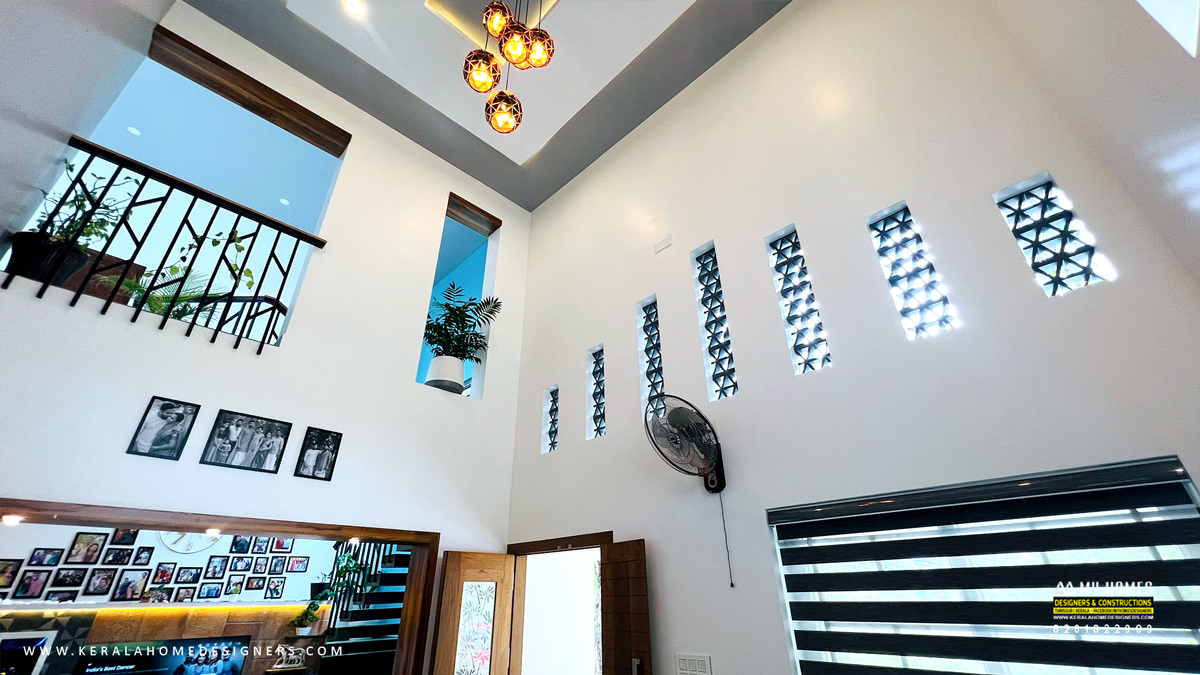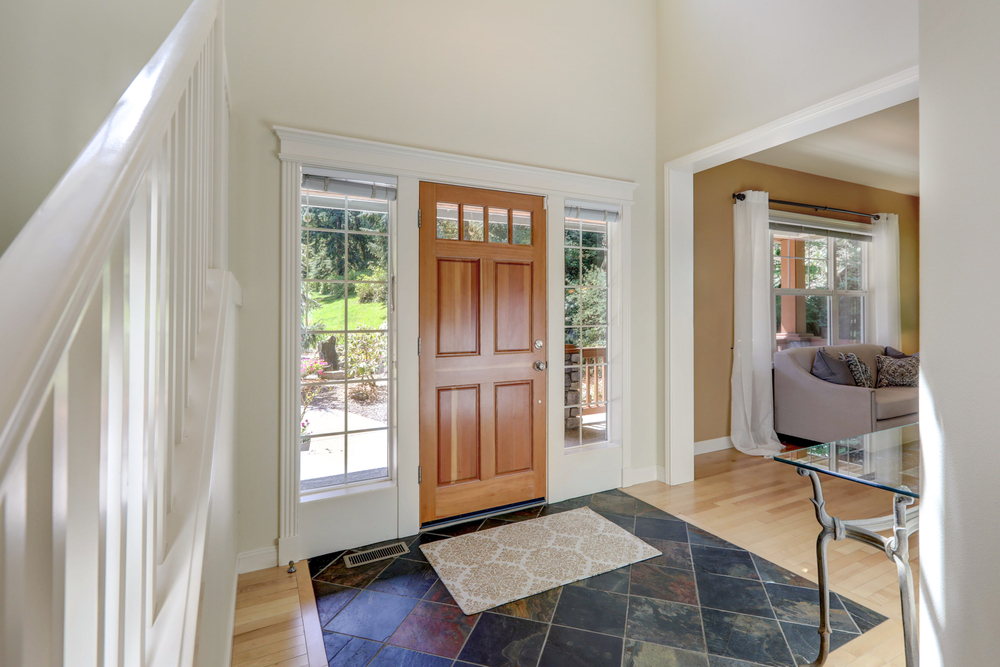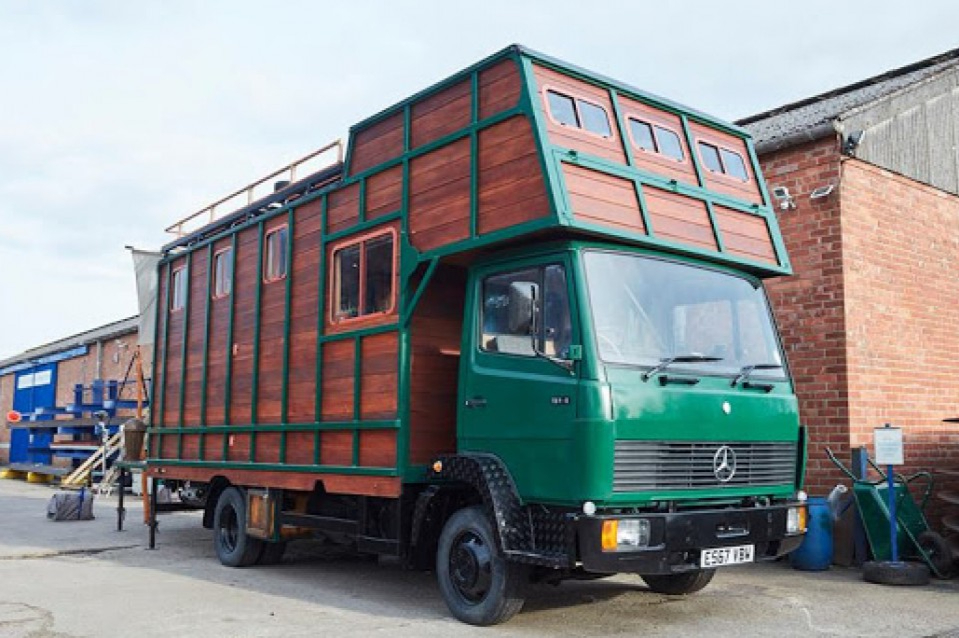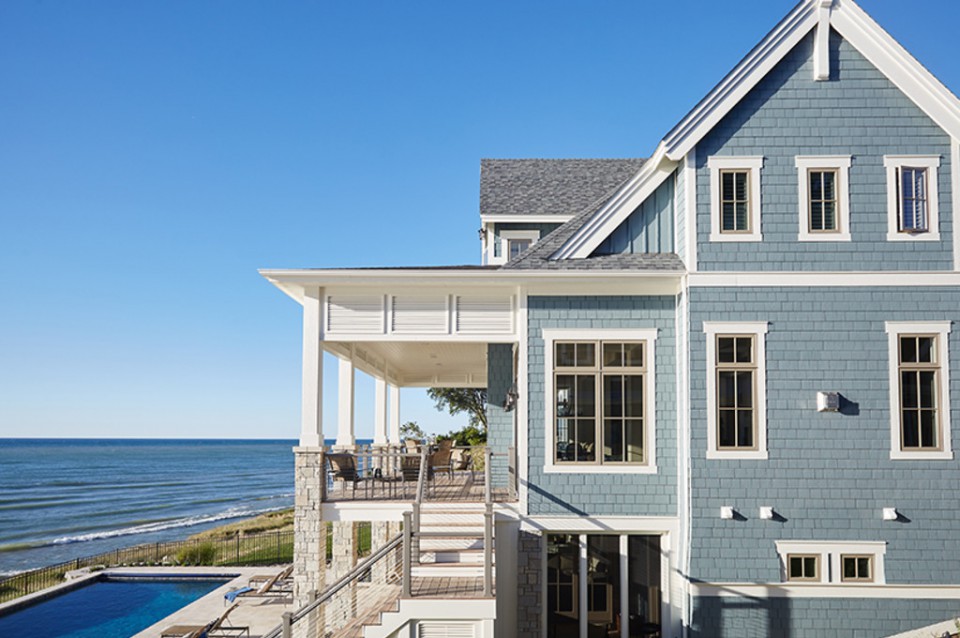What You Need to Test When Visiting a House You Want to Buy

Buying a house is one of the biggest decisions in life. Since it involves a significant financial investment, ensuring that the house you buy is in the best condition is crucial. There are many factors to check to ensure the property you choose is suitable for living or investment.
House Foundation and Structures

Source: nichiha.com
The foundation is the most important element in a building. A house with a damaged foundation or structure can lead to significant problems later on, including safety risks. Check for:
- Cracks in walls and floors: Cracks on walls and floors can indicate ground shifting or more serious structural issues.
- Condition of door and window frames: If doors or windows are difficult to open or close, it could be a sign that the building is experiencing movement or deformation.
- Uneven floors: If you feel imbalance in the floors while walking, it could be a sign of a problem with the house's foundation.
If you find these issues, it is highly recommended to get a further evaluation from a structural engineer or a qualified contractor. Foundation problems can be very costly to repair.
Electrical System
:max_bytes(150000):strip_icc()/living-room-lighting-ideas-4134256-01-2f070b6071444f1197ad5ca56d9e6678.jpg)
Source: thespruce.com
Electrical issues can impact comfort, safety, and maintenance costs of the house. An improperly installed electrical system can pose fire hazards or cause electrical appliances to wear out faster. When checking the electrical system, pay attention to:
- Condition of the electrical panel: Does the electrical panel look modern or outdated? An old panel may not be able to handle modern electrical demands.
- Check switches and outlets: Ensure that every switch and outlet is functioning properly and that none appear loose or damaged.
- Lighting systems and bulbs: Test every light inside and outside the house to ensure they are all working well.
If the house has an old electrical system, you may need to replace it to improve capacity and ensure safety.
Plumbing and Water Systems
:max_bytes(150000):strip_icc()/what-is-under-the-bathroom-sink-3973574-01-ffc70a038c2f44a6ad3e490882a394a0.jpg)
Source: thespruce.com
The plumbing and water systems must function well for the house to be comfortable to live in. Disruptions in these systems can cause water leaks, damage to walls and floors, and mold growth. When visiting the house, conduct the following tests:
- Water pressure: Turn on all faucets in the house and observe whether the water pressure is strong and consistent. If the pressure is too weak, it could indicate issues with the pipes or water supply.
- Drainage: Test all drains to ensure water flows smoothly and is not clogged. Clogged drains can cause water pooling and moisture problems.
- Check for signs of leaks: Look under sinks, in bathrooms, and around pipes for signs of leaks such as rust, water stains, or floor damage.
Additionally, ensure that the house's plumbing system does not use lead pipes or other materials that are no longer recommended due to health hazards.
Roof

Source: bravarooftile.com
The roof serves to protect the house from weather and external damage. Repairing a damaged roof can be very expensive, so it’s essential to inspect it before buying the house. Look for:
- Age of the roof: Ask the real estate agent when the roof was last replaced. Roofs typically have a lifespan of 20-30 years depending on the materials used. If the roof is old, you should prepare for repair or replacement costs.
- Signs of leaks: Water stains on the ceiling or walls can indicate leaks in the roof. Also, check the attic if possible, as leaks often first appear there.
- Condition of shingles or other roofing materials: From the outside, check for broken, missing, or shifted shingles. Damaged roofing materials can lead to leaks and further damage.
A good roof will protect your home from extreme weather and keep the house structure sound.
Walls and Ceilings

Source: keralahomedesigners.com
Walls and ceilings also need thorough inspection. They are important not only for aesthetic reasons but can also reveal deeper issues with the house's structure or plumbing systems. Pay attention to:
- Cracks: Cracks in walls or ceilings can indicate structural shifting or foundation damage. Small cracks may not be a significant issue, but wide and deep cracks need to be taken seriously.
- Moisture and water stains: Water stains or moisture on walls and ceilings can be signs of leaks from the roof or damaged pipes. Mold can also grow in damp areas, which can pose health issues.
- Paint or wallpaper damage: If paint is peeling or wallpaper appears damaged, it could indicate excessive moisture or wall damage.
Ensure the house has adequate ventilation to prevent excess moisture and mold growth.
Ventilation, Cooling, and Heating Systems
:max_bytes(150000):strip_icc()/how-types-of-air-conditioning-systems-work-1824734-window-3d05b1c7d7c24c7cb9edd236e35aae8f.jpeg)
Source: thespruce.com
The HVAC () system is one of the essential components in maintaining home comfort. This system affects not only comfort but also monthly electricity costs. Check for the following:
- Air ventilation: Ensure that each room has adequate air ventilation, either through windows, wall vents, or artificial ventilation systems.
- Air conditioning: Test the air conditioning units in the house. Ensure the air produced is cool and the system operates smoothly without noisy sounds.
- Heating: If the house is in a winter-prone area, ensure the heating system functions well. An inefficient heater can consume a lot of energy and inflate electricity bills.
A good HVAC system should operate efficiently, without noisy sounds, and maintain good indoor air quality.
Doors and Windows

Source: indextap.com
Doors and windows are essential parts of the house that ensure security and energy efficiency. When visiting the house, check:
- Do the doors and windows open and close easily? Sticking doors or windows can indicate structural problems or deformation of the building.
- Are there cracks in the window glass? Cracks in window glass should be repaired immediately as they can compromise home security and increase energy loss.
- Check seals and locks: Ensure that doors and windows have tight seals to prevent air leaks. Also, check if the locks are functioning well.
Leaky windows can cause air leakage, increasing energy costs as the heater or air conditioner must work harder.
Exterior and Garden Areas

Source: completehome.com.au
The exterior areas and garden of the house are also important to check. Look for issues with the yard, pathways, patio, or garage. Key areas to examine include:
- Condition of the pathways: Are there cracks or damage that could indicate an unstable foundation?
- Drainage system: Ensure the yard has a proper drainage system to prevent water pooling and damage to the house structure.
- Garden facilities: If the house has a garden, check whether the soil is fertile and there are no signs of erosion. Additionally, look for problems with outdoor facilities like fences, pools, or BBQ areas.
A well-maintained exterior area indicates that the previous owner took good care of the house.
Security Systems

Source: laurelhavenhomes.com
Security is a priority for most home buyers. Check whether the house is equipped with adequate security systems, such as:
- Door and window locks: Ensure that every door and window has functioning locks.
- Alarm or CCTV systems: Ask whether the house has security systems like alarms or surveillance cameras. This can be a significant value-add.
- Neighborhood safety: Besides security features in the house, ensure you also research the safety level of the surrounding area. Ask the real estate agent or neighbors about the crime rate in the area.
Home security is crucial, especially if you live in a big city or areas with high crime rates.
Conclusion
Buying a house is not just about its beautiful exterior or spacious size. Many technical aspects need to be checked to ensure the house is in good condition and livable. By examining elements like the foundation, electrical systems, plumbing, roofing, and others, you can avoid significant problems in the future.








